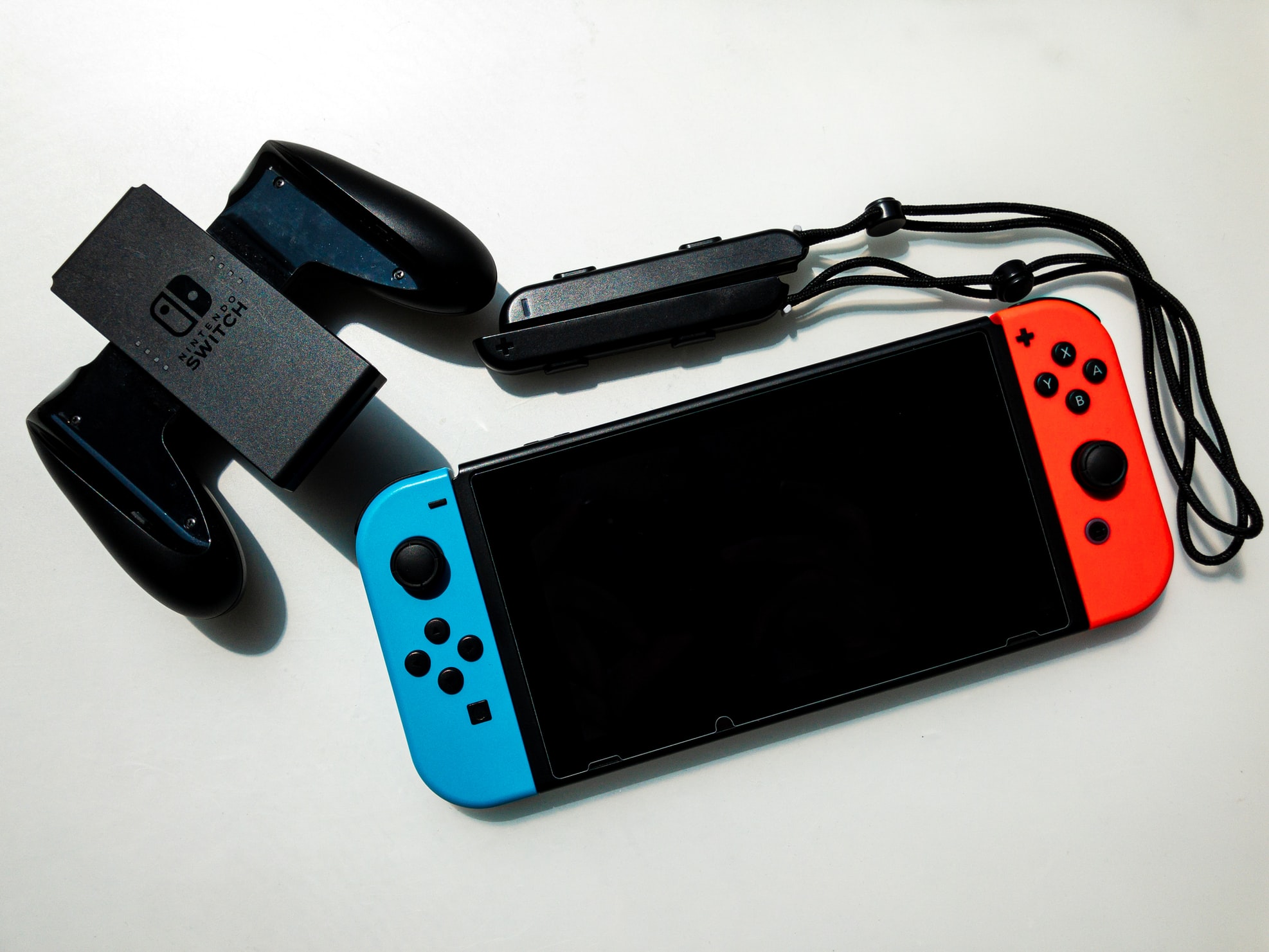
The lack of parts is affecting Nintendo’s ability to manufacture consoles.
The ongoing shortage of computer parts, especially semiconductor chips, has been taking a bite out of the tech sector for months now. Prominent manufactures of computer parts and video game consoles have been forced to slash their production of their wares in order to accommodate for the reduced availability of parts. Even the giants of the sector haven’t been immune to these cutbacks, as Nintendo’s most recent forecasts indicate.
Earlier today, the prominent Kyoto-based manufacturer of video games and game consoles slashed its forecast of Nintendo Switch console sales by 6%, bringing the total number of console units it expects to sell down to 24 million units for the fiscal year ending in March.
“The extended impact of both Covid-19 and the global semiconductor shortage creates a state of continued uncertainty, with the possibility of future impact on production and shipping,” the company explained.
In order to make up the difference on sales lost on Switch consoles, Nintendo intends to boost its sales of gaming software. Sales forecasts for individual games, whether digital or physical, increased to 200 million units by the end of the fiscal year, a 5% hike.
It’s especially important for Nintendo to keep its books balanced right now, as the chip shortage, as well as difficulties caused by the pandemic, has raised its general cost of operations, though they are hoping that their total profits will offset this in the end. Operating profit expectations are sitting at around 520 billion yen, which is roughly equivalent to $4.6 billion USD.
